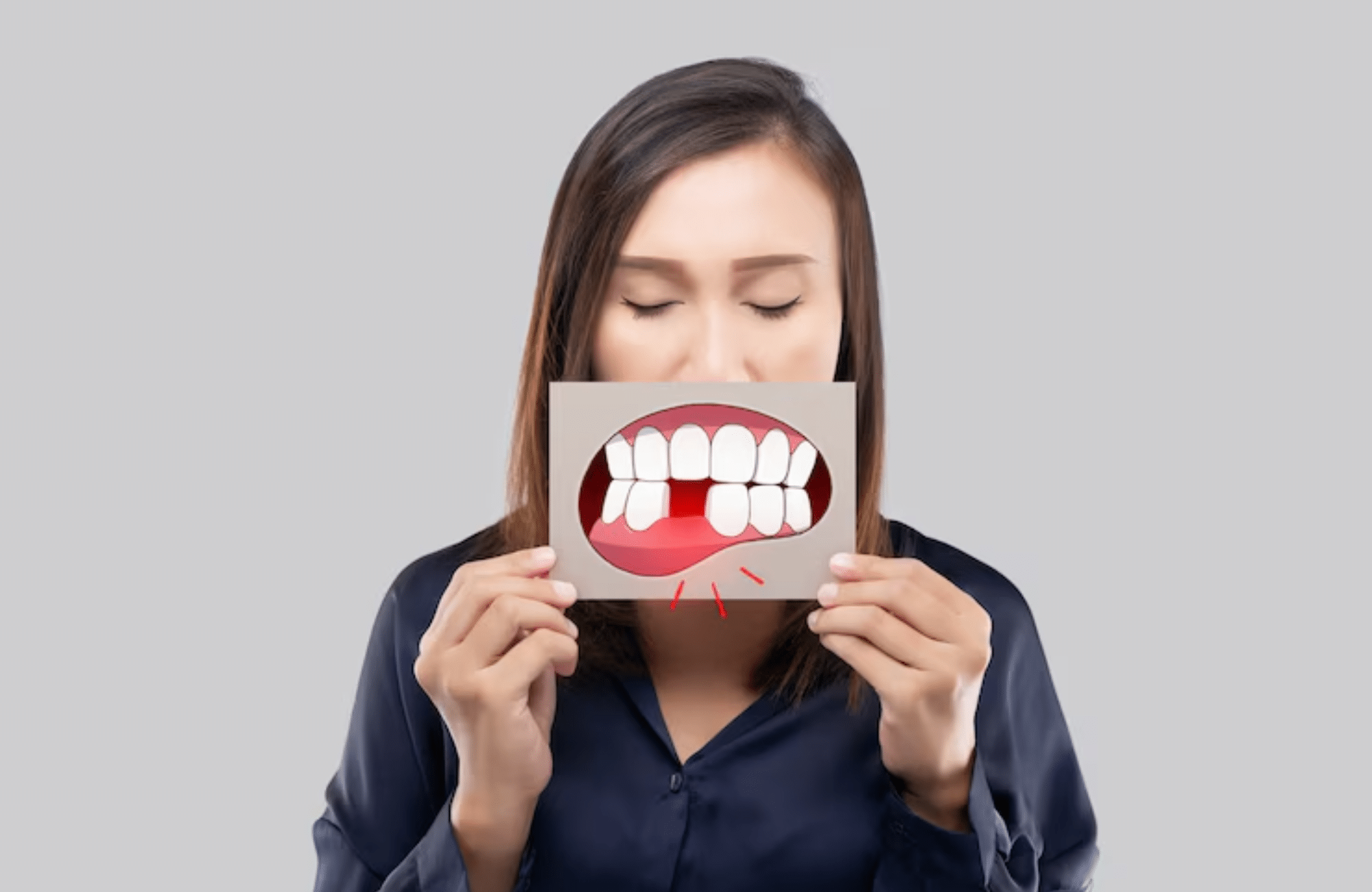
What Happens If You Lose an Adult Tooth?
Losing an adult tooth can be a concerning experience, whether it’s due to injury, decay, or other dental issues. However, understanding what to do if a tooth falls out and the potential consequences can help alleviate some of the anxiety surrounding this situation.
What to Do If Your Tooth Falls Out:
If your tooth falls out, it’s essential to act quickly and appropriately to increase the chances of saving it. First, locate the tooth and handle it carefully, holding it by the crown (the part that’s usually visible in the mouth) rather than the root. Rinse the tooth gently with water if it’s dirty, but avoid scrubbing or removing any attached tissue fragments. Ideally, place the tooth back into its socket if possible, or store it in milk or a tooth preservation kit until you can see a dentist.
How to Save a Loose Tooth from Falling Out
Preventing a loose tooth from falling out requires proactive dental care. Regular brushing and flossing can help maintain gum and tooth health, reducing the risk of tooth loss due to decay or gum disease. Additionally, wearing a mouthguard during physical activities or sports can protect teeth from trauma and potential loss. If you notice a tooth becoming loose, consult your dentist promptly to address any underlying issues and prevent further damage.
What Happens When a Tooth Falls Out
When a tooth falls out, it disrupts the balance of your dental structure and can lead to various consequences. Nearby teeth may shift or tilt into the empty space, causing misalignment and bite problems. Additionally, the bone that once supported the lost tooth may begin to deteriorate over time, which can affect the stability of adjacent teeth and compromise the overall integrity of your smile. Seeking prompt dental treatment after losing a tooth is crucial to minimize these long-term effects.
What Does a Tooth Look Like When It Falls Out?
When a tooth falls out, it may appear bloody, especially if it was dislodged due to trauma or injury. The tooth’s root may be visible, along with surrounding gum tissue. In some cases, you may notice a small amount of tissue attached to the root, which should not be removed. It’s essential to handle the tooth gently and avoid touching the root to maximize the chances of successful re-implantation if that’s an option.
Can a Tooth Fall Out While Sleeping
While it’s uncommon for a tooth to fall out while sleeping without any external factors, certain dental conditions or habits could contribute to tooth loss during sleep. Bruxism, or teeth grinding, can exert excessive force on teeth and lead to loosening or fracturing over time. Similarly, untreated gum disease can cause gum recession and ultimately result in tooth loss. If you’re experiencing frequent toothaches or notice changes in your dental health, consult a dentist in Mountain Home, AR for an evaluation and appropriate treatment.
I Hit My Tooth Really Hard
Will It Fall Out: If you’ve experienced a traumatic injury to your tooth, such as a hard blow or impact, it’s essential to seek dental care promptly. Even if the tooth remains intact immediately after the injury, there could be underlying damage to the root or surrounding structures that may lead to tooth loss over time if left untreated. Your dentist can assess the extent of the injury and recommend appropriate measures to prevent further complications, such as splinting the tooth or performing a root canal if necessary.
Losing an adult tooth can have significant implications for your dental health and overall well-being. By understanding what to do if a tooth falls out and taking proactive steps to prevent tooth loss, you can minimize the potential consequences and maintain a healthy, functional smile. Remember to prioritize regular dental check-ups and practice good oral hygiene habits to preserve your teeth for years to come.
FAQs
Q: What should I do if I lose a tooth while traveling?
A: If you lose a tooth while traveling, try to locate a local dentist as soon as possible for emergency treatment. In the meantime, follow the same steps for handling and preserving the tooth until you can see a professional.
Q: Can missing teeth affect my speech?
A: Yes, missing teeth can impact speech clarity and pronunciation, especially if they’re in prominent areas of the mouth. Replacing missing teeth with dental implants, bridges, or dentures can help restore speech function.
Q: How long can a tooth survive outside of the mouth?
A: The survival time of a tooth outside of the mouth depends on various factors, such as the type of tooth, the condition of the tooth, and how it’s preserved. Generally, a tooth can survive for up to one hour if kept moist and handled properly.
Q: Is it normal for a loose tooth to bleed?
A: It’s not uncommon for a loose tooth to bleed, especially if it’s been dislodged due to trauma or injury. However, excessive bleeding or prolonged bleeding may indicate a more serious issue and should be evaluated by a dentist promptly.


